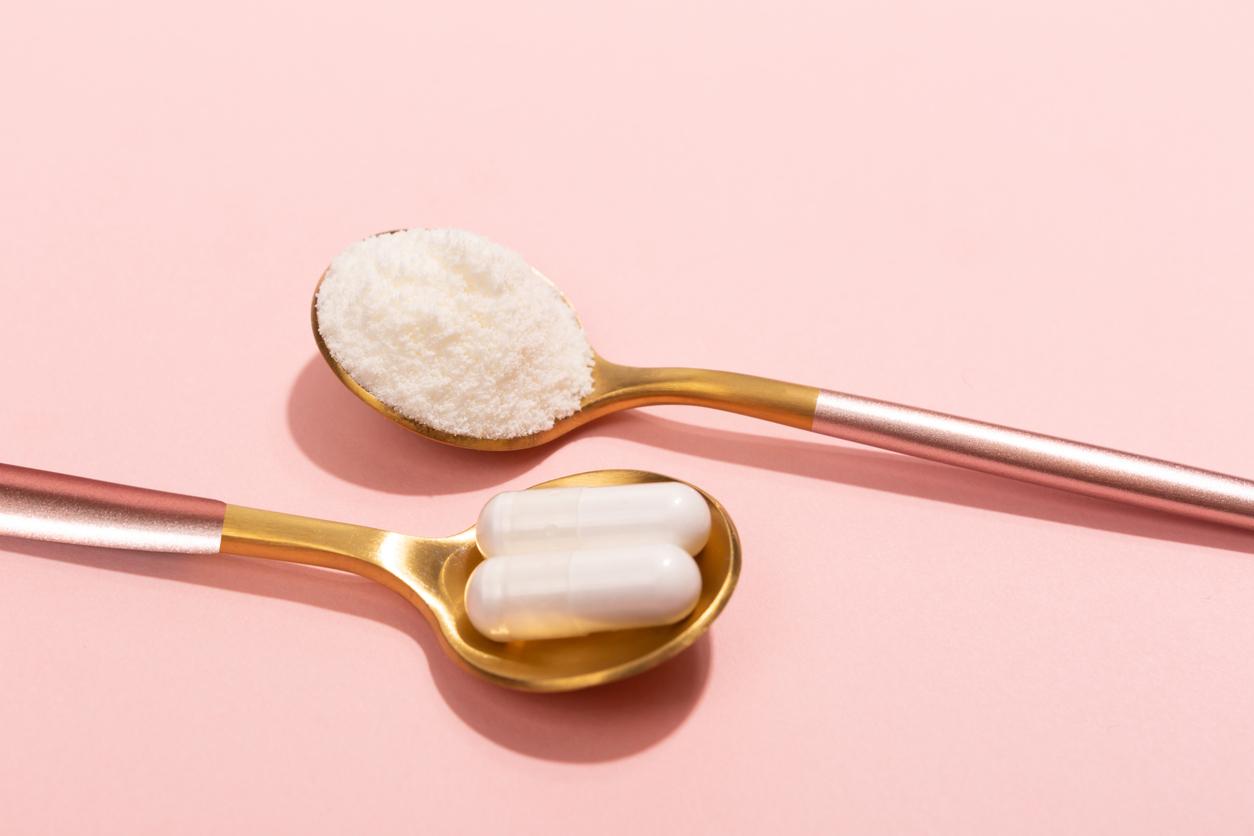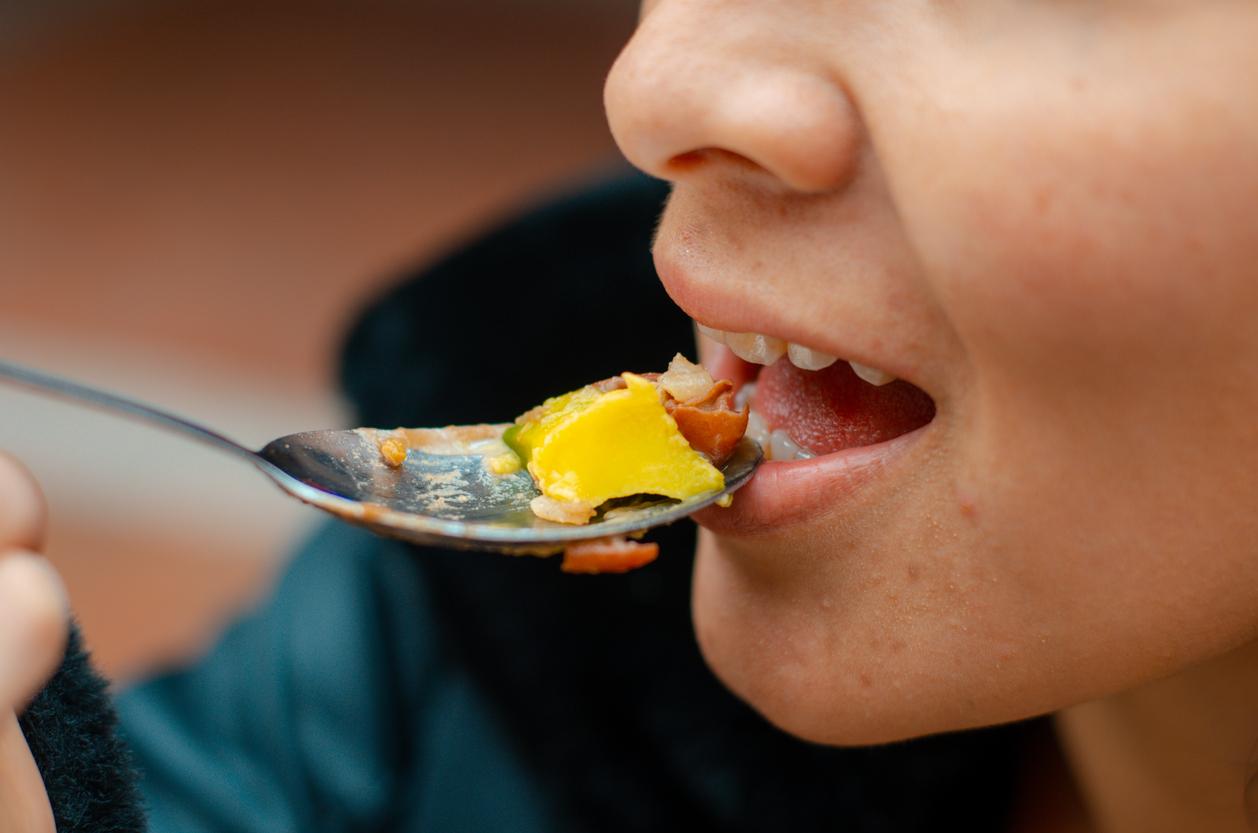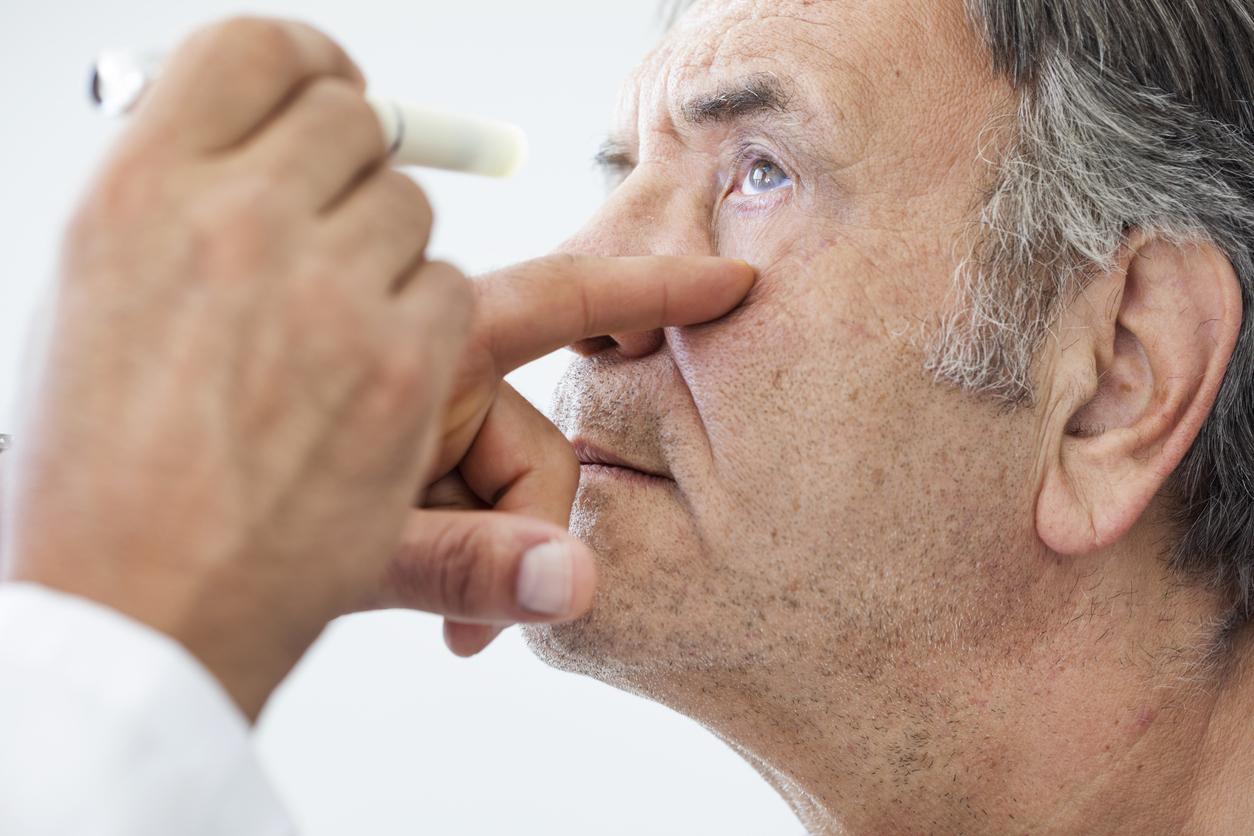If the youth eternal is not yet relevant in humans, the team of Juan Carlos Izpisua Belmonte from the Salk Institute of Biological Studies in San Diego (United States) is trying out a new technique of rejuvenation on rodents. And they’re doing pretty well.
A sophisticated genetic manipulation technique
Scientists were able to increase the life expectancy of mice from 18 to 24 weeks and improve their regenerative abilities, according to the Cell review, in which their research was published.
Their technique? A sophisticated genetic manipulation process. First step: reprogramming rodent cells using induced pluripotent stem cells (IPS). These cells, which in the past multiplied anywhere like a cancerous tumor, have a side effect and not the least: rejuvenation!
They then crossed mice with progeria, a disease that causes agingpremature, with another group who presented, when given an antibiotic drink, the four factors used by the researcher Yamanaka to create the new stem cells.
The life expectancy of mice multiplied by a third
Scientists were able to find the perfect dosage of the antibiotic to fight progeria. The rodents then saw their life expectancy multiplied by a third!
For now, this technique cannot be used in humans. But it could be considered, in a few years, for its rejuvenating effect on organs, skin, muscles or even the cardiovascular system. According to the researchers, we should no longer consider the aging as a unidirectional process, but as something that can be slowed down and reversed!
Read also :
Targeting proteins to delay aging in cells


















